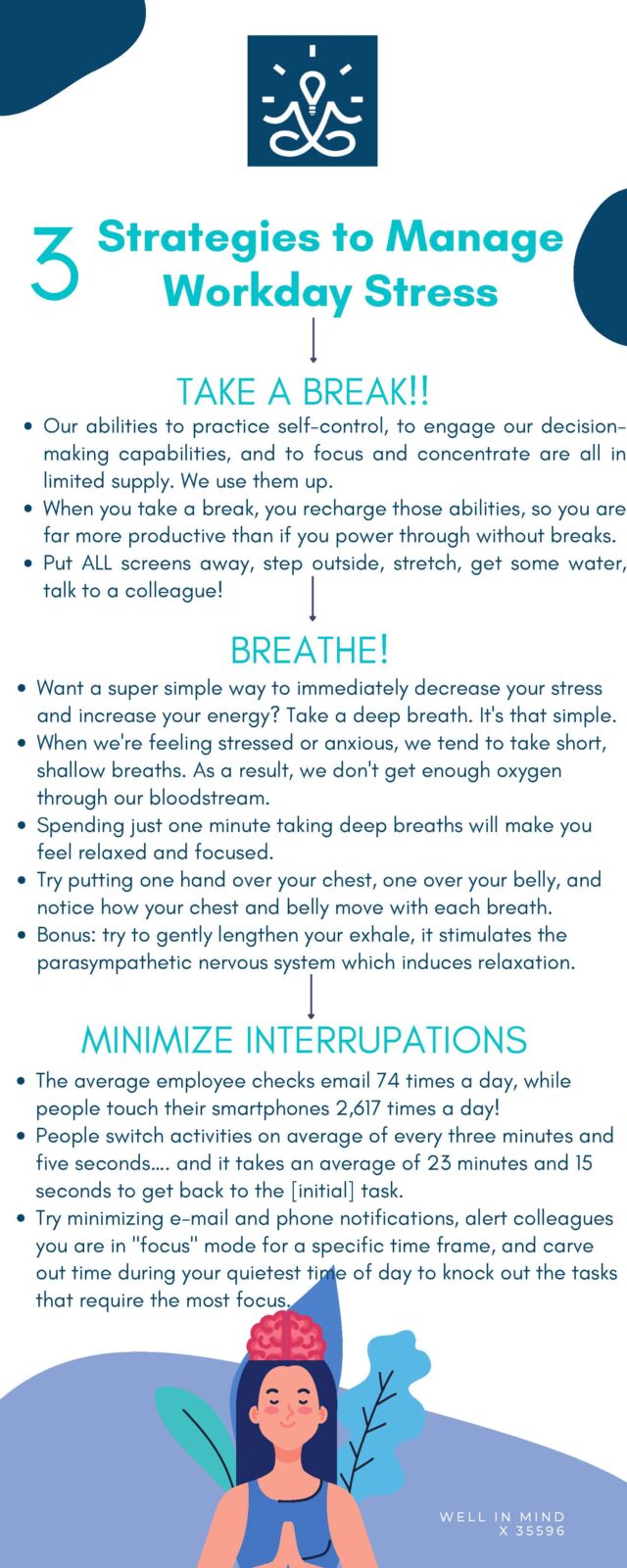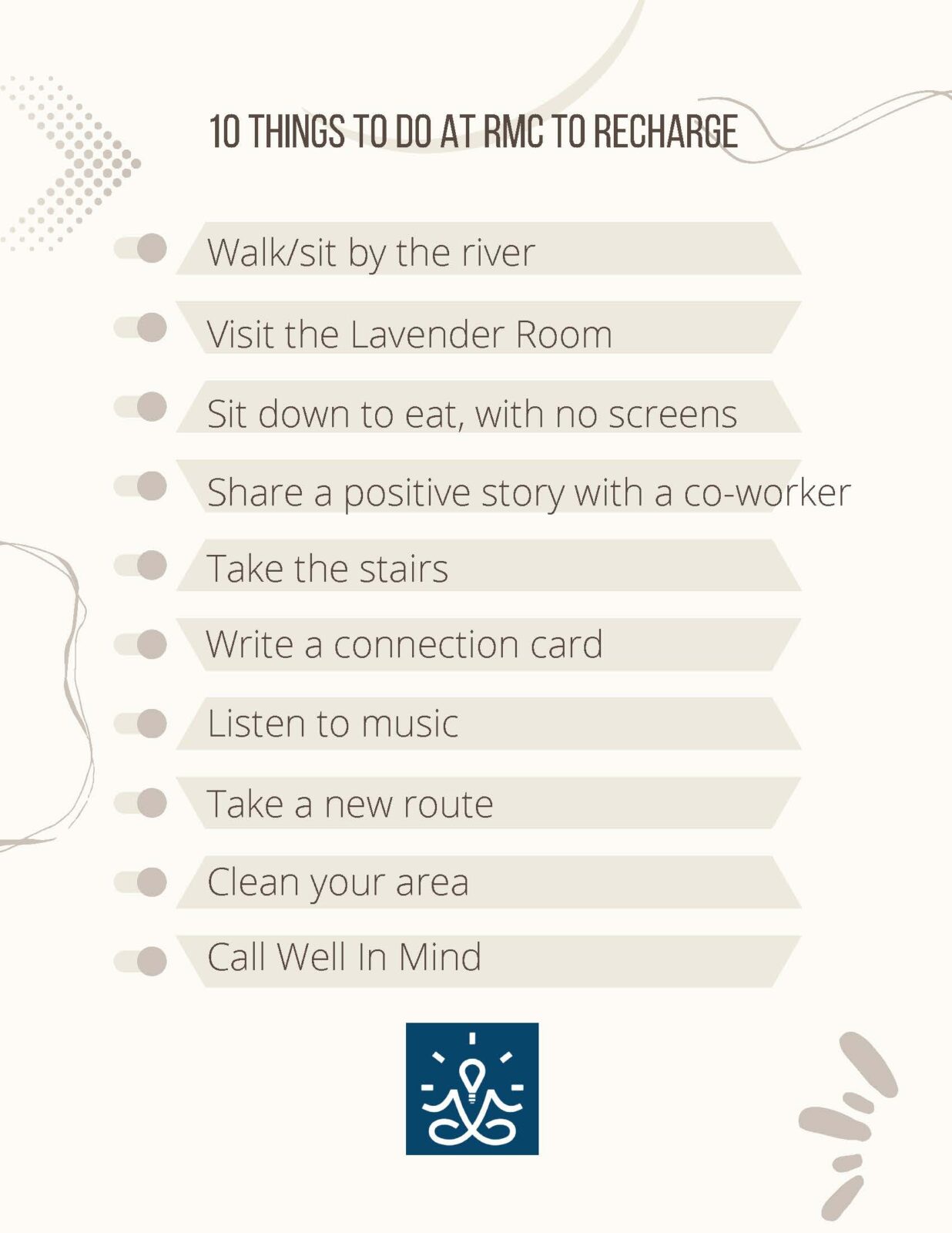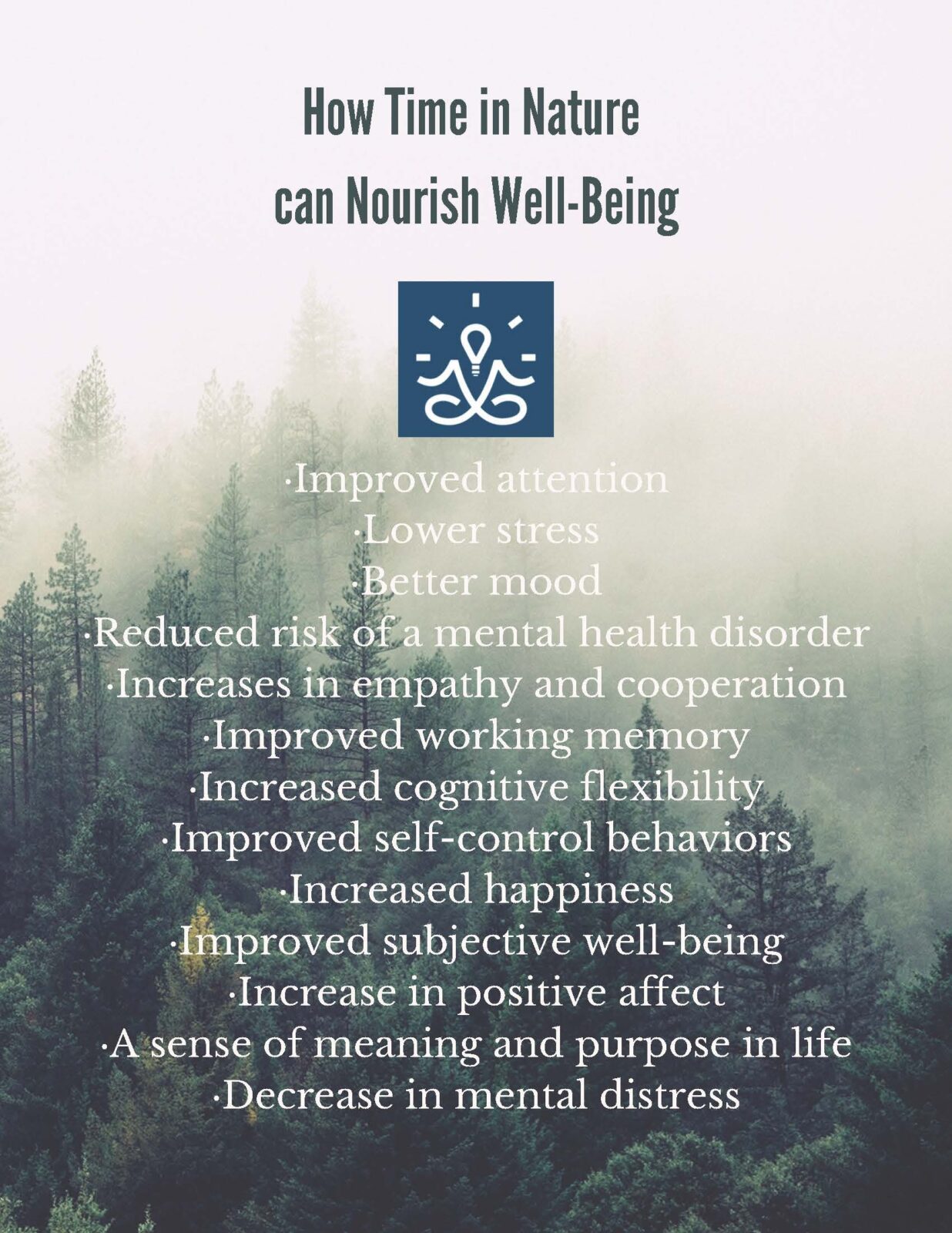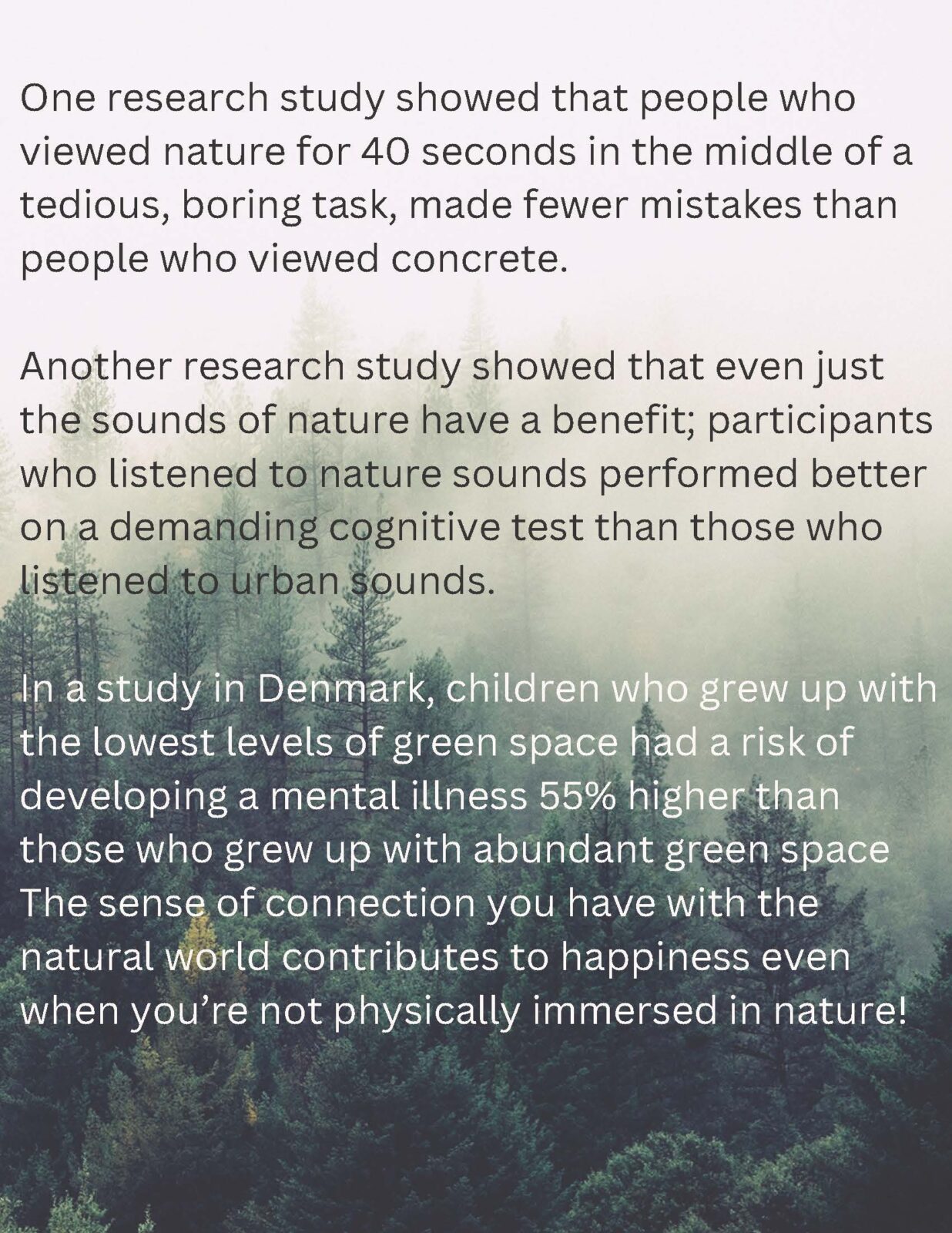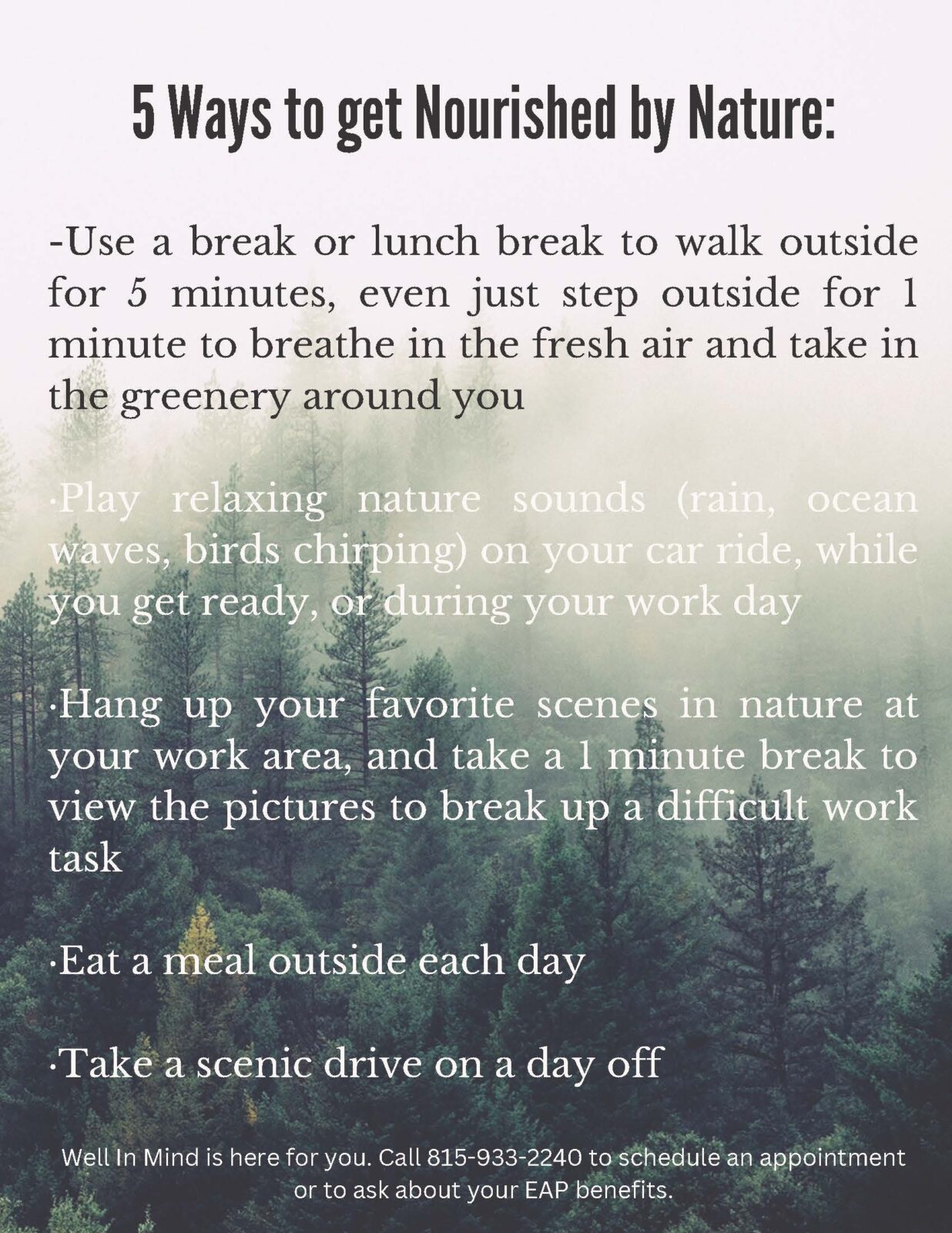Well In Mind
Well In Mind Self-Care Tip of the Week
Check out this week’s tip – P.A.C.E. Yourself- A Framework for Self-Care
Well In Mind Self-Care Tip of the Week
Summer is a great time to think about self-care. With long sunny days and warmer weather, there are more opportunities than ever to switch up your routine and enjoy what the season has to offer. Even small changes to your routine can improve your self-care practice and overall mood. Focus on new ways you can be active, get outside and get involved with your community.
Try these 15 ideas for summer wellness:
- Ditch the couch and relax outdoors. Grab a blanket or lawn chair and something to read and set up camp on a shady patch of grass.
- Go for a stroll. A long walk can be a great way to clear your head and enjoy a warm summer afternoon. You can also grab a friend and get your exercise while catching up.
- Explore your local farmer’s market. Take advantage of seasonal produce and local vendors. A trip to the farmer’s market can be a great opportunity to try new foods and incorporate healthier options into your diet.
- Start a garden or join a community garden. Gardening can be a nice way to meditate, enjoy the outdoors and get some sunshine. It can also serve as a bonding time with your family or a way to make new friends. And at the end of the day, you can enjoy the literal fruits (and vegetables) of your labor!
- Tidy one small space. Perhaps a drawer or the top of your desk – even having one space clean and free of clutter can help you feel calmer.
- Make a summer feel-good playlist. Bring on the summer tunes! Music can be an effortless way to improve your mood and motivate you to get moving. Bonus points for listening while exercising or cleaning.
- Have a picnic. Enjoying a meal outside can be an easy way to get some fresh air and sunshine and shake up your daily routine.
- Try a new exercise. Getting those endorphins flowing can help calm your mind and improve your mood. Think about doing something outdoors like hiking, tennis or swimming. Just don’t forget your sunscreen and bug spray!
- Look for things going on in your community. Search online or in the newspaper for events going on around town. Consider outdoor movies, yard sales, festivals, farmer’s markets, concerts or dance classes. Making fun plans can help you feel excited and give you something to look forward to.
- Start or continue a journal. Writing can be a great way to express how you feel and check-in with your emotions. Or, it can just be a place to doodle or draw. Make it whatever you need.
- Reconnect with someone. Call an old friend – or even a grandparent or parent.
- Do an at-home spa day. Taking a bubble bath, using a face mask or doing a DIY pedicure can all be affordable ways to help yourself feel cared for. A candle, essential oils and relaxing tunes can all add to the spa vibe.
- Go exploring. Pull up a map and find a new area of town that you haven’t been to yet.
- Practice mindfulness. Try meditation or make a list of 10 things you are thankful for.
- Do a needs assessment. How did your last week go? Is there anything you could do to make next week better? Maybe you need more sleep, more social time or to prepare some healthy meals before your next busy week. Take a moment to reflect and think about how you can make time for whatever you need to best care for yourself.
.
Well In Mind is here for you. Call 815-933-2240 to schedule an appointment or to ask about your EAP benefits.
© Riverside Healthcare Connection. All Rights Reserved. Website Designed and Developed by 


